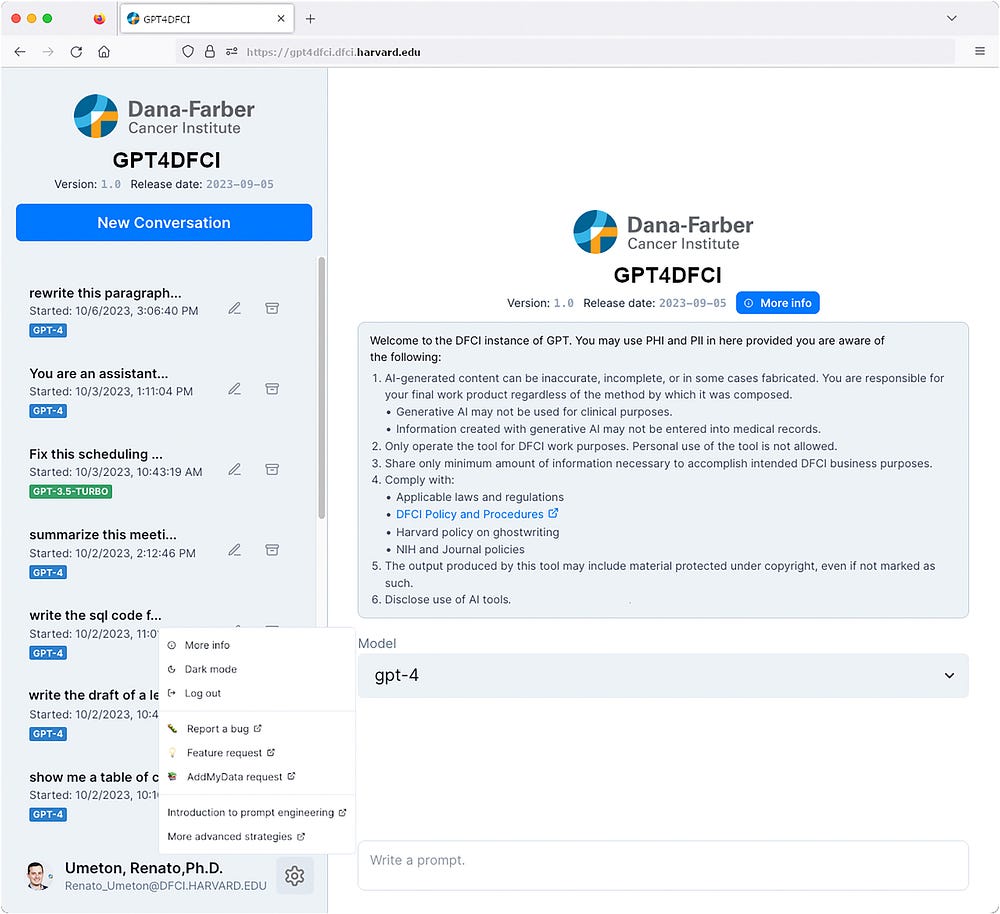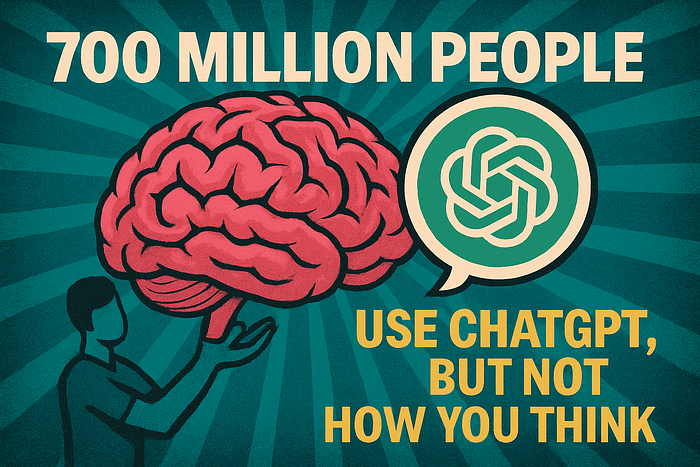
GPT-4 in a Cancer Center: Challenges and Lessons from Dana-Farber’s Deployment
Last Updated on April 2, 2024 by Editorial Team
Author(s): Dr. Mandar Karhade, MD. PhD.
Originally published on Towards AI.
HealthCare Generative AI and Production Hiccups — welcome!
Artificial intelligence (AI) has woven its way into the fabric of healthcare over the past few decades, evolving from basic predictive models to sophisticated generative systems like Large Language Models (LLMs). These advancements have spurred significant interest in their potential applications across various medical domains. Dana-Farber Cancer Institute GPT4 deployment offers a unique glimpse into the practical challenges and lessons learned in integrating cutting-edge AI within a complex healthcare setting.
The integration of LLMs into healthcare has shown promise, with applications ranging from medical documentation to decision support systems. However, deploying these models, particularly in sensitive fields like healthcare, requires careful navigation of technical, ethical, and regulatory landscapes. The Dana-Farber Cancer Institute embarked on this journey with a clear vision: to harness the potential of GPT-4 to enhance operational efficiency and research capabilities while maintaining strict adherence to privacy and ethical standards.
Source: Interface developed by Dana Farber’s Institute
Dana-Farber’s GPT4DFCI project aimed to implement a private, secure, and HIPAA-compliant instance of GPT-4 through the Azure-OpenAI API endpoint. The initiative was grounded in a comprehensive governance framework, emphasizing the need for a controlled and ethical use of AI. The technical deployment focused on creating a user-friendly interface, ensuring data security, and establishing robust… Read the full blog for free on Medium.
Join thousands of data leaders on the AI newsletter. Join over 80,000 subscribers and keep up to date with the latest developments in AI. From research to projects and ideas. If you are building an AI startup, an AI-related product, or a service, we invite you to consider becoming a sponsor.
Published via Towards AI
Take our 90+ lesson From Beginner to Advanced LLM Developer Certification: From choosing a project to deploying a working product this is the most comprehensive and practical LLM course out there!
Towards AI has published Building LLMs for Production—our 470+ page guide to mastering LLMs with practical projects and expert insights!

Discover Your Dream AI Career at Towards AI Jobs
Towards AI has built a jobs board tailored specifically to Machine Learning and Data Science Jobs and Skills. Our software searches for live AI jobs each hour, labels and categorises them and makes them easily searchable. Explore over 40,000 live jobs today with Towards AI Jobs!
Note: Content contains the views of the contributing authors and not Towards AI.
















